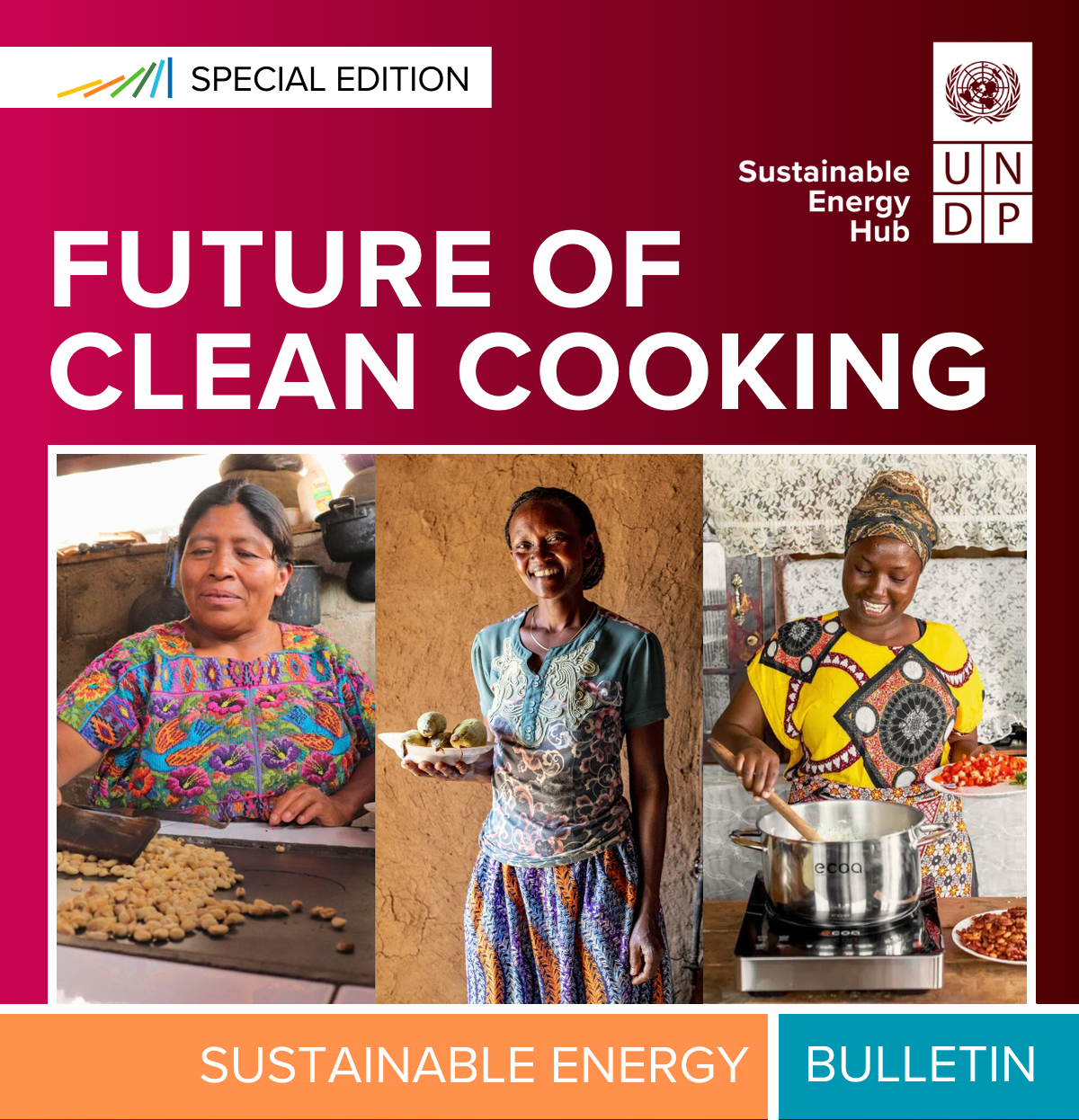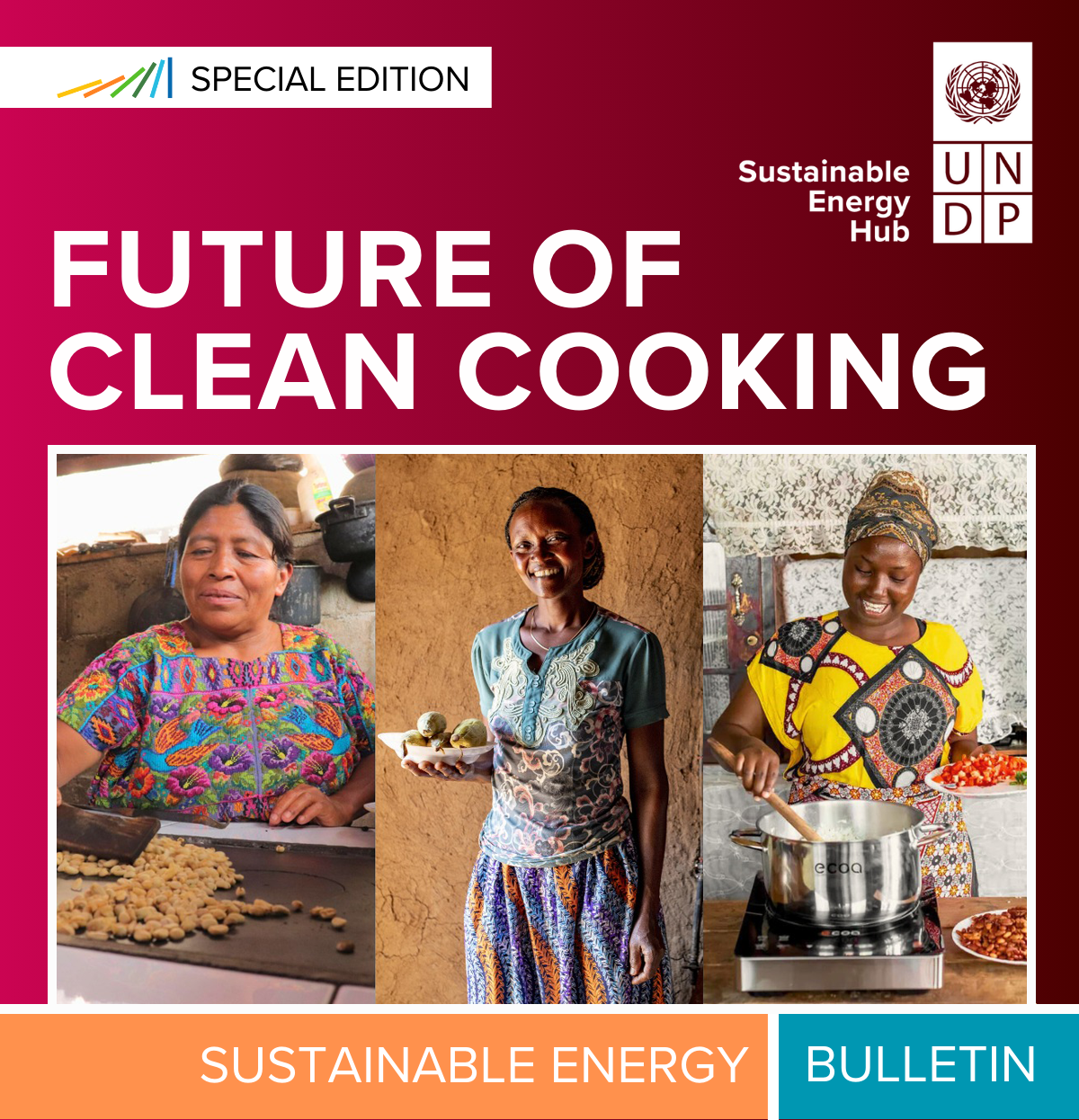


Often overlooked, the act of cooking is a fundamental human need. Yet, for 2.3 billion people, cooking remains linked to daily labor and dirty energy sources. This number is not acceptable. This means that one in every three people, mostly in the world's poorest regions, lack access to clean cooking facilities. Recent AI forecast models estimate that by 2050 in Sub-Saharan Africa, 1.1 billion people will still lack eco-friendly cooking fuels or technologies, actually an increase of over 200 million people from today - highlighting the urgent need for new approaches to shift momentum and catalyze action through innovation in digital, policy, and finance.
The clean cooking journey is far from over. We need to bridge the affordability and investment gaps, develop robust distribution channels, and integrate clean cooking directly into electrification planning. This requires collaboration between governments, NGOs, the private sector, and the communities we aim to empower. Further advancements in AI, geospatial data, IoT, and mobile technologies will increasingly offer critical potential to help make clean cooking not only affordable but accessible.
Over 90% of people without clean cooking also lack the necessary funding and policy environments for interventions to be successful. Clean cooking access needs more than financing; it requires strong political will to unlock investment and innovation. This should be complemented by centrally elevating women within energy governance and across the entire clean cooking value chain. Ultimately, clean cooking signifies more than just technological change; it is a powerful catalyst for a domino effect of outcomes – improved health, environmental protection, and economic empowerment.
